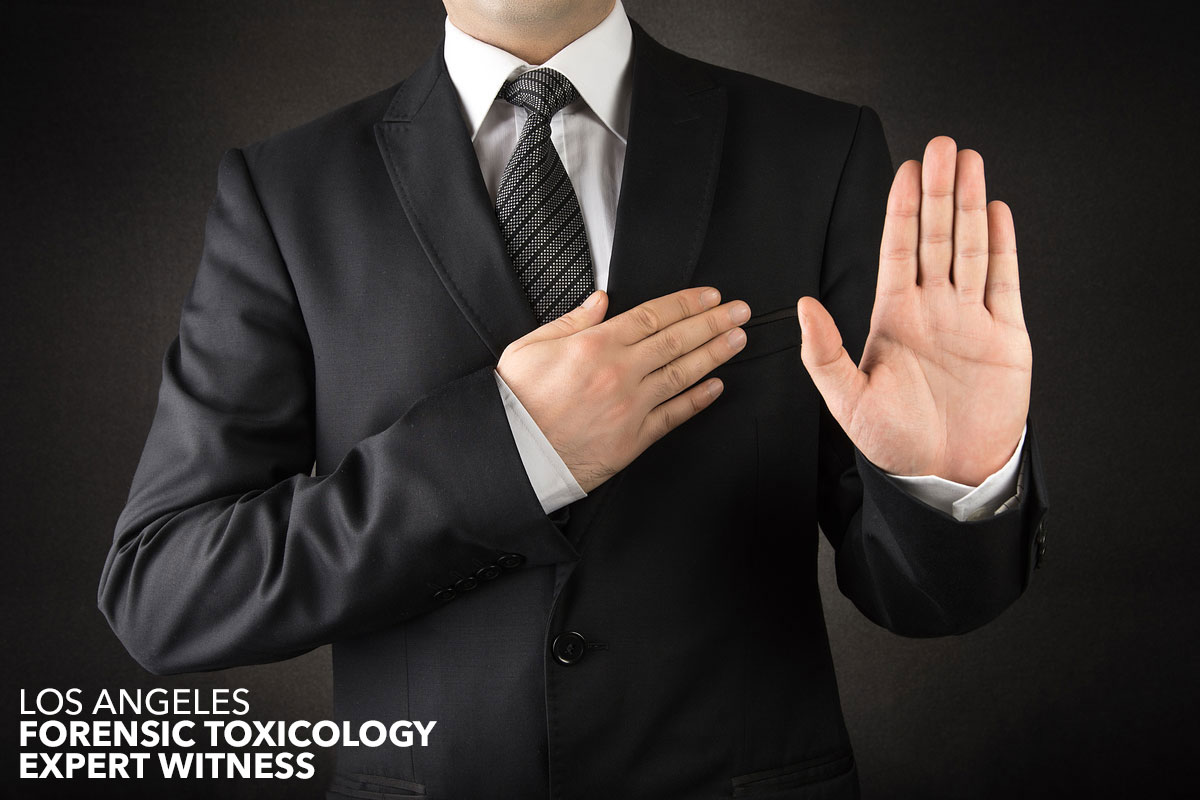Expert Witness Qualifications Process

Expert witness qualifications involve a few factors but there are no set of baseline requirements. To become an expert witness, you must be knowledgeable in your area of expertise and have some understanding of the legal and judicial system. However, knowledge of your field and of the legal system is not all that is required to become a qualified expert witness. This guide will take you through expert witness credentials.
An expert witness is qualified to testify in court on the field which he or she is an expert in. They will provide their professional opinions in court, often to help analyze evidence or to establish something as fact. An expert witness would generally have a substantial background in science or academia. A forensic toxicologist, for example, would use their specialized knowledge to explain or interpret legal matters involving toxins or poisons of any kind.
Selecting an Expert Witness
To be a specialized witness you have to, as the title suggests, be a specialist of some sort. An expert witness provides more than common knowledge about their certain field. Ideally, they should have at least one degree and many years of experience and credibility.
For your opinions/interpretations/analyses to be taken seriously and hold value in court, you must have enough authority and expertise regarding your given area. Your competency, qualifications and credentials in that certain field will be evaluated to guarantee eligibility as an expert witness. An expert witness in forensic toxicology can have degrees from a variety of fields such as pathology, chemistry, medicine or pharmacology. Thorough life experience in the field could also grant you the qualifications to testify in court as an expert witness.
Anyone selecting an expert witness might look at the following criteria:
- Previous education, experience, skill levels or training.
- Any published work (e.g. in academic journals) or presentations at conferences.
- Recognition such as awards, prizes or grants.
- Ability to translate complex ideas into simple terms.
Types of Expert Witnesses
A degree or a great deal of life experience is not all that one needs to become a qualified witness. In forensic toxicology, the expert witness must know the procedures and methodologies employed in the case and analyze chemicals, samples and results. Thus, scientific research and understanding of this area are very important. Additionally, the expert witness in this field must be able to relay information in layman’s terms so that all involved – be it the lawyers, the witnesses or the jury – can understand.
There are two main types of expert witnesses. They both require the same sorts of qualifications.
- Consulting experts work with the private counsel to assist and evaluate their case. These experts do not testify in court and therefore may remain anonymous. However, their role can be easily changed to that of a testifying expert.
- Testifying experts have their identity and most documents disclosed to the other party. They testify in court.
Many expert witnesses work for themselves but there are also expert witness agencies which connect you with work and attorneys who employ you for a case.
One of the roles of an expert witness is to provide their knowledge and expertise on matters that lawyers and judges are not specialized in. Factual evidence normally forms the basis of their arguments and opinions. A qualified expert must be able to help the court analyze evidence and come up with decisions. Your average lawyer, for example, will not be able to examine test results. An expert witness is needed for such instances. Their specialized knowledge is invaluable in court cases.




